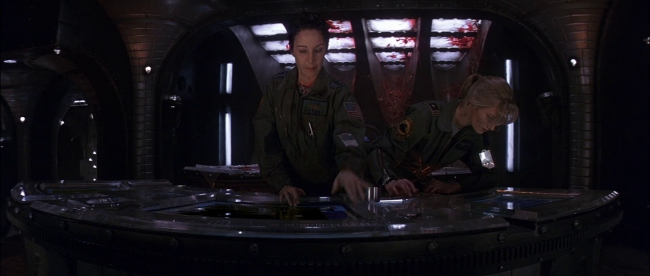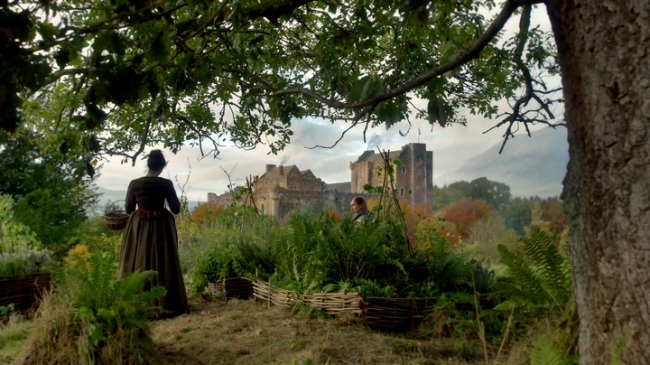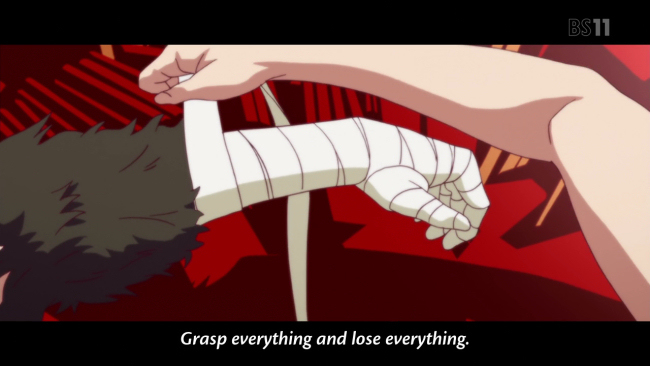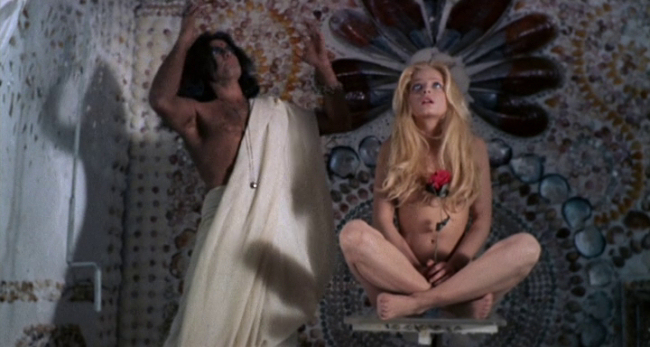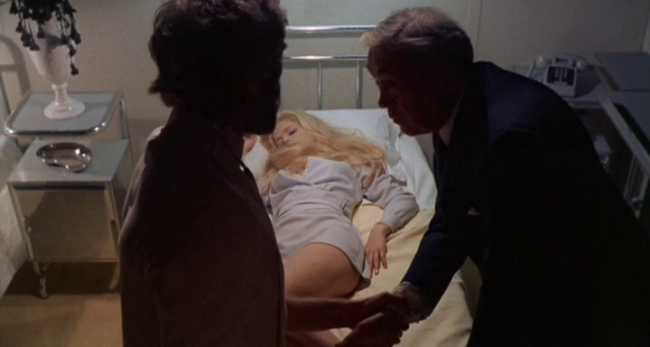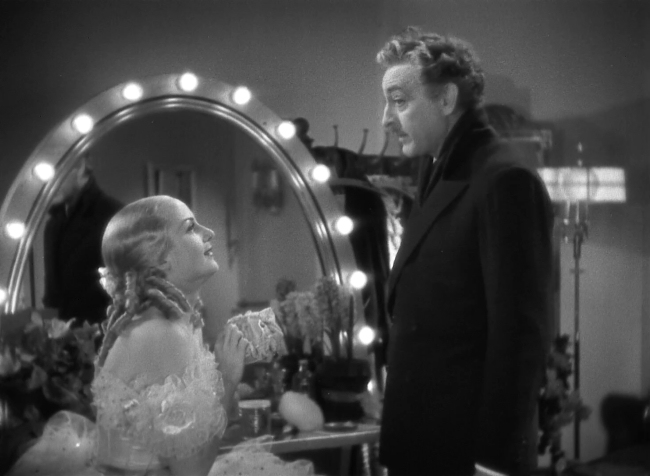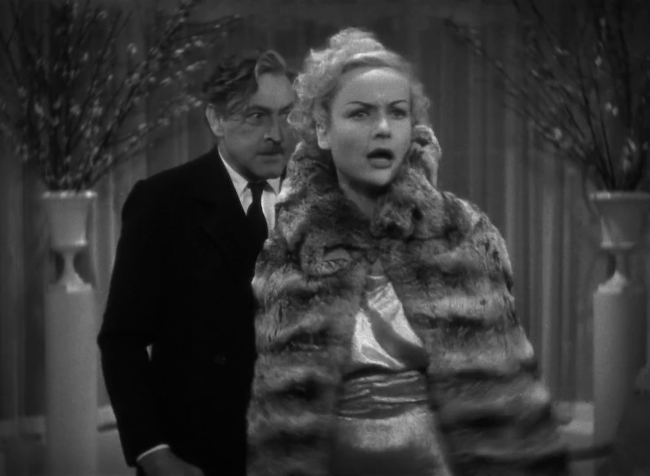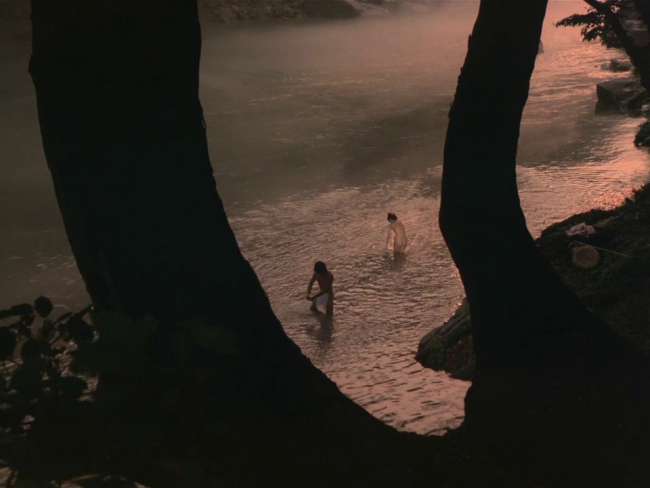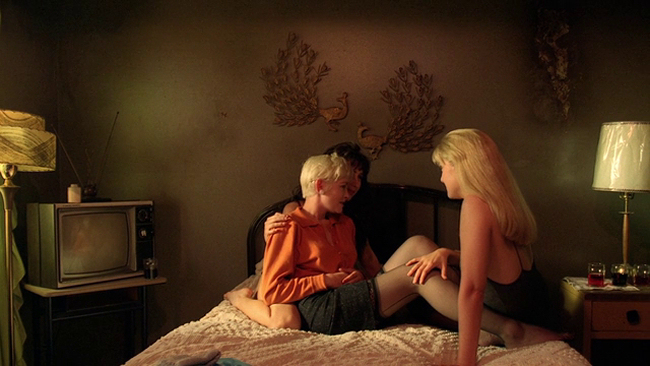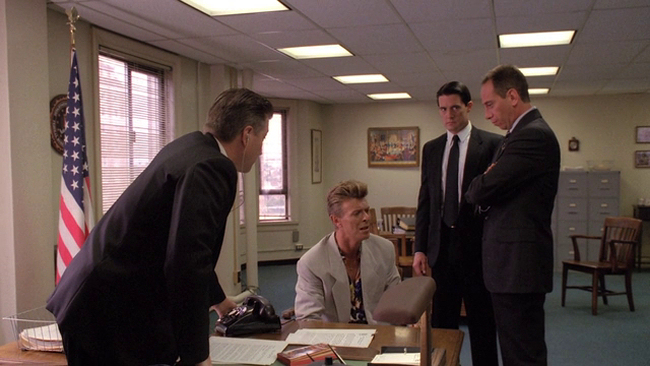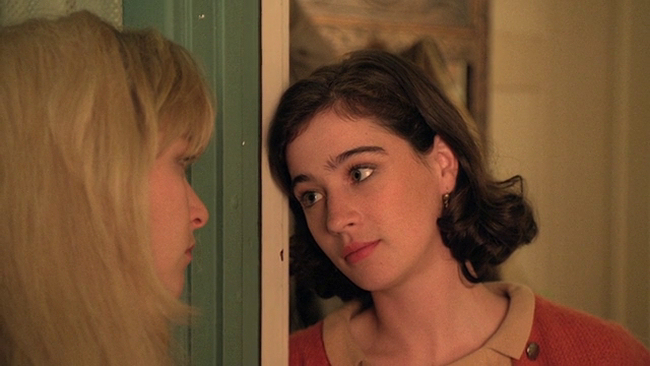
I don't need scientific accuracy from my fiction. It can be fun, I enjoy it, but story comes first, in my view. So having just watched the Mythbusters special on Breaking Bad, I wasn't really bothered that both "myths" tested, two incidents from the first season, were "busted"--in case you don't know the series, Mythbusters is a show where, among other things, people test whether or not certain science related events depicted in film or television could actually occur as portrayed.
I didn't need Mythbusters, though, to tell me the scene in the first season where Walter throws down a piece of crystallised mercury fulminate in a room, killing almost everyone in it except himself, wasn't legit. It actually says something for the general quality of Breaking Bad that I kept watching after I was shown a scene of a man standing next to the centre of an explosion that blows up a whole room and emerging virtually uninjured.
But there were a lot of moments in Breaking Bad, which I finally finished watching a couple days ago, where I thought, "This is unbelievably stupid. Why am I still watching this show?" Perhaps the worst offender is the fifth to last episode, "Rabid Dog", written and directed by Sam Catlin. It was so bad that it took me weeks to pick the show back up again. But, I'm glad I did because the last four episodes were wonderful. They threw out all attempts at moralising, social commentary, and comedy and went for straight spaghetti western--larger than life characters and the feeling of a story that gives them free, decadent rein.

I've written about Breaking Bad several times here, the first time being an entry on January 19th when I was already into the second season, a few months after I'd started watching the show. My initial impression was very positive:
I'm two episodes into the second season now and so far I'm impressed. The cast deserves the gushing letter of praise Anthony Hopkins sent them--something I consider to be one of the biggest reasons Bryan Cranston won the SAG award last night. Which is not to say I don't think he's amazing. His is the best performance of a show filled with good performances, partly just because he's the central character and has to carry more but also specifically because of the kind of character he plays--a man who's gone along with what his family and society want and need against his own feelings for so long that it's built this constant emotional wall around him. Cranston conveys this while at the same time conveying specific emotional motives for each scene. It reminds me a little of Cary Grant's performance in Notorious.
But, again, the rest of the cast is great. What I especially like is how these are kinds of people one knows from life without being sitcom stereotypes. Particularly Walter's cop brother-in-law who could very easily be the dumb, authority obsessed cop stock character. But even when he's ridiculous, like when he takes Walter's son on a misguided "scared straight" field trip, he's believably human. Which is crucial as he represents one extreme end of one of the show's driving forces, the debate over recreational drug use. Though it's perhaps a tad too obvious when he unselfconsciously produces a box of Cuban cigars to share with Walter.
Walter himself is an effective point for an argument not merely about anti-drug laws but about lazy, selfish thinking that expects invisible forces of law and social decency to sort life out. I remember seeing articles with headlines asking why we sympathise with Walter even though he's clearly a villain. I haven't seen anything so far that clearly casts him as a bad man but, assuming he eventually is firmly established as one, I would say what makes people so invested in him is that he's a character who decides to break out of this artificial world that has kept him emotionally pinioned for so long. The fact that he makes ultimately unwise or flatly bad decisions only strengthens the appeal because it acknowledges the usefulness of social contracts. It's a more honest comparison that way so that we can ask ourselves, is the sort of freedom Walter chooses worthwhile even if he fails?
Well, this is a potential the show never fulfils. The kind of psychological, Cohen brother style character analysis the show started with eventually fades away. The social issues crop up now and again later on but they have a lot less weight because we're never really provided with examples of crystal meth destroying lives. When we do get a tale of drug addiction in the second and third season it's a story about addiction to heroin. Jesse runs afoul of a couple meth junkies but it's hard to say whether those two wouldn't have been assholes without the meth. The most consistent example of meth users the show provides are two of Jesse's friends who are played for comic relief right to the end and in their nerdy conversations about Star Trek and Babylon 5 they almost seem like affectionate self-parodies of the show's writers.
The show doesn't really address the issue of whether meth should be legalised as it seemed poised to do in the first season. Instead, it becomes a fantasy of moral transgression, focusing more on the liberation in no longer being confined by culturally enforced morality and embarking on a tenacious, heedless path of self-fulfilment. There are negative consequences to Walter's actions but they're almost always so stupid it's impossible to take them seriously. The first truly negative consequence and an act of real selfishness on Walter's part comes at the end of the second season about which I wrote on Februrary 14th:
Walter White just happens to meet John de Lancie at a bar, just happens to break into Jessie's apartment just was someone was choking, and just happened to be living under the path of the effects of trauma on de Lancie's character. The extraordinary sequence of coincidences is far more conspicuous than any character development for Walter, except maybe when his wife went into labour at the same moment Walter needed to be at a crucial drug deal. At least that showed how Walter was fundamentally arranging his priorities, but it ought to have stopped there.
Something else I wrote about in that entry was something the last couple series unfortunately retconned, perhaps due to the fact that the writers themselves weren't aware of what they made:
I did like the confrontation between Walter and Skyler. The show does a really good job of making Walter's family life feel like a prison. Walter and Skyler clearly shouldn't be together and I like that the show doesn't play this broadly--we feel bad for them both.
Flashbacks in the final two seasons, as well as some resolutions in the relationship, portray Walter and Skyler's marriage as having been perfectly happy before Walter turned to his life of crime. Much like Carmela, Tony Soprano's wife on The Sopranos, the writers seemed to throw the book out on Skyler on a season to season basis. One season Skyler is an angry woman in an unhappy marriage, then she's the typical saintly, all knowing sitcom wife, then she's a vicarious fantasy character about to have an affair with an old flame, then she's gradually falling into a life of crime herself, then she's an innocent victim traumatised by the fact that her husband's a criminal, and finally she's just a sort of blank moral thermometer where we're supposed to gauge whether or not something's right by if she approves of it.
One of those flashbacks I mentioned came at the end of the third season about which I wrote:
The finale begins with a flashback to Walter and his wife moving into the house familiar to us as their home from the series. The contrast between the brilliant chemist with the promising future and the increasingly ruthless meth cook is nice. Not just for the contrast but in how the rosy future young Walter saw for himself motivated his thirst for power later.
In this, as an indictment of capitalism which fosters dreams of conquest in men, I see the show at its finest. Though I think the real reason so many people root for Walter even though he's a "bad guy" is that circumstances on the show rearrange things so that Walter really isn't that bad. Everyone he's hurt so far has either been someone who's been trying to kill him or, like his wife, has been emotionally hurt by the unexamined hollowness of their relationship manifesting in unrealistic expectations and inability to empathise. The third season finale is the first time Walter's in a position to intentionally hurt someone, Gale, who really doesn't deserve it. The show seems like it might be backing away from it--it ends with a cliffhanger.
In a way, Walter White is like Batman--people say that what distinguishes Batman from other superheroes is that Batman doesn't have super powers. But that's not really true, Batman just doesn't have explicit super powers. What Batman has is the power of the writers wanting him to live so they stretch the truth far past probability.
Walter White lives in a similar fantasy world where becoming a gang lord is more of a taboo than something that genuinely requires someone to compromise their morals.
But it turns out the show doesn't back away from what I thought it might have been backing away from and it leads to the most interesting moral examination of the entire series--and at its centre is not Walter but Jesse:
the season four episode "Problem Dog" where Jesse, in order to discuss dealing with the murder of a human being he committed, tells his group that he killed a dog for no reason other than that the dog was, vaguely, a "problem". The argument that ensues between Jesse and the leader of the therapy group highlights a fundamental issue with the kind of therapy at play--the therapist's focus is entirely on people learning to accept themselves. He is himself guilty of the accidental killing of his child when he was under the influence of a drug but he needs to accept himself in order to move on with his life. Jesse points out that if one can work through any action to the point of self-acceptance, there is no exterior, objective morality, something Jesse has a great deal of trouble accepting. He seems more at peace with himself when he calls himself "the bad guy" than he does with the idea that the murderer of one day can be an acceptably normal human being of the next.
This is the one moment where we see what living without the stifling morals implicit in the society of season one really means. It's liberating, but too much liberty can be maddening.
Unfortunately, this was something the show couldn't really build on. It could have, and maybe should have, ended there. The only way the show could proceed was to go a new route and be complete fantasy. The fantasy it chose was spaghetti western, something that really crystallised in the season four finale as we watched cool crime boss Gus Fring walk into a building to meet his fate and music swells as we contemplate a wordless closeup of him. The show ceases to be one of questions about morality and society and becomes a story about demigods. The loser in that scenario is Jesse--the show has nothing to do with him then and he becomes broadly erratic and paranoid, something that culminates in the grand stupidity of "Rabid Dog".
Here comes some spoilers if you haven't seen the show. But they're stupid spoilers so maybe you won't care:
At the last minute in season four, a close up of a plant is meant to imply that in order to get Jesse on his side for killing Fring, Walter secretly poisoned the child of Jesse's girlfriend. This was astonishingly bad in itself. Why would Gus poison the kid? Why did Walter think this would convince Jesse that Gus was the culprit when all signs pointed to Walter or a pure accident? Why did it convince Jesse? Why does the kid never tell anyone that Walter made him eat the poisonous plant?
In "Rabid Dog", Jesse finally figures out it was Walter who poisoned the kid because someone picks his pocket and takes a bag of marijuana. This makes him realise Walter could have picked his pocket and taken the poisonous cigarette he'd had on him, which somehow makes Jesse conclude Walter poisoned the kid. In all my life, I've never seen a television show fall apart so spectacularly. It's a whole house of phoney cards and the real problem with it is that nothing anyone does makes any sense afterwards.
But incredibly enough the show recovers, largely by relegating Jesse to the role of human MacGuffin and the focus goes back to Walter's quest for self fulfilment. And here the show excels, in no small part due to Bryan Cranston's performance and the show's instincts for pacing. The penultimate episode ending with a reintroduction of Walter's chemistry colleagues from the first couple seasons brings all of Walter's most interesting issues back to the fore beautifully, contrasted with him being utterly defeated by bad luck and his enemies, hiding out in snowy, miserable New Hampshire wilderness. And the show becomes about a man doing what he wants instead of succumbing to the myriad forces of the world trying to make him just roll over and die. Vince Gilligan, creator of the show, has said he wanted Walter to go from being a sympathetic character to an unsympathetic one but he's never more of an admirable figure than he is at the end. Like Elsa in Frozen, Walter White is another example of modern fiction's love for the amoral hero.









